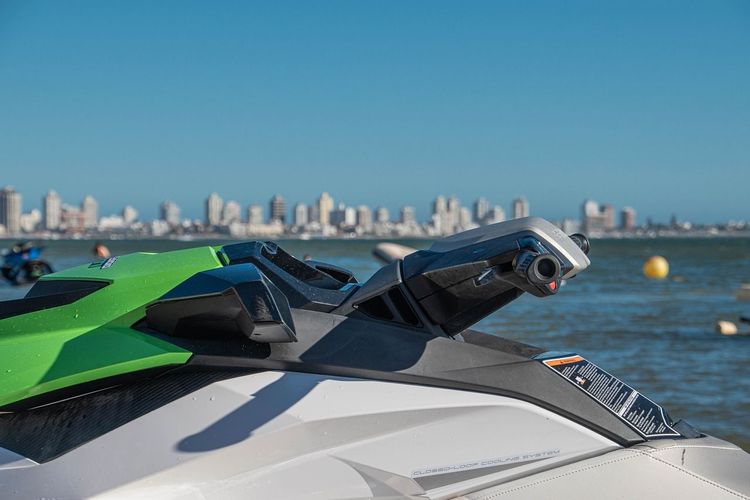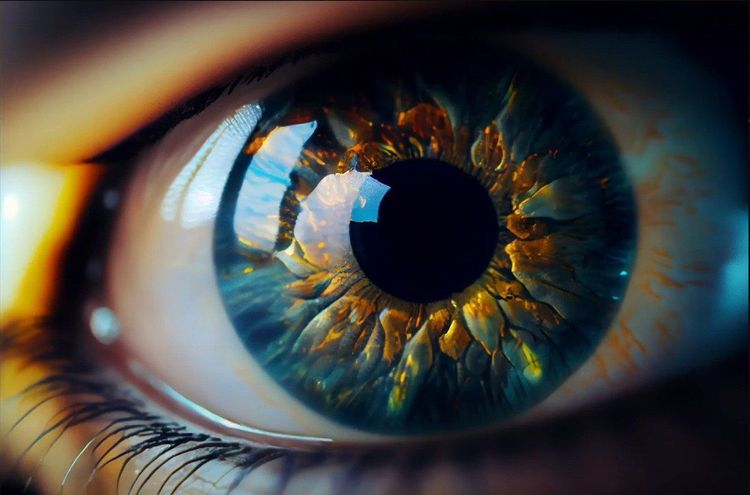Last week, a class action lawsuit initiated by visual artists against AI image and video generation platforms—Stability AI, Midjourney, Runway, and DeviantArt—advanced to the discovery stage. The artists accuse these platforms of copyright infringement arising from their AI training processes.
During the discovery phase, both parties must share relevant information, including documentation related to AI model training and datasets.
This lawsuit, led by artists Sarah Andersen, Kelly McKernan, Karla Ortiz, Hawke Southworth, Grzegorz Rutkowski, Gregory Manchess, Gerald Brom, Jingna Zhang, Julia Kaye, and Adam Ellis, is one of the first legal challenges targeting AI platforms to reach this significant stage, potentially influencing future cases. Although some aspects of the lawsuit were dismissed, the copyright infringement claim remains intact.
The road ahead is lengthy. In a recent interview, Kelly McKernan, one of the initial plaintiffs, shared her thoughts on the lawsuit's progression and the impact of AI-generated art on her work.
a media: How do you feel now that the lawsuit is at the discovery stage?
Kelly McKernan: I feel relieved. We received the tentative order the night before our hearing on May 8 in San Francisco. It was an exhilarating moment as I was finally meeting my co-plaintiffs in person after working with them for over a year. The excitement was palpable.
We finally got the conclusive order a couple of days ago, so I'm still riding that wave of excitement.
Now that the case is advancing, do you find the energy to continue through the lengthy information-gathering process?
Absolutely. The initial phase focused on compiling information and formulating our strongest claims, particularly regarding copyright. While it was disappointing to see some claims dismissed, our lawyers assured us we could amend later. The copyright claim is essential; navigating this frustration has been challenging due to the limited information these companies provide.
Do you expect to gain more insight into their processes? What have your lawyers indicated they hope to uncover?
I suspect much of the current opacity is intentional. However, I hope we can obtain information that will significantly influence the case during discovery. We're particularly interested in confirming whether the AI training process involves storing copies of our artwork in their datasets, which the judge has deemed a plausible concern.
This case has already reached a pivotal point, inspiring numerous similar lawsuits. Do you feel a sense of responsibility for unveiling the hidden aspects of these models to the public?
Absolutely. From the outset, I recognized the potential for this case to be landmark because we, as artists, are best aware of our work and its unauthorized use. This process validates our concerns, and it feels significant to potentially shift the narrative in favor of artists.
What are your hopes for how companies will view and support artists' work following this lawsuit?
I hope this case will shed light on the problematic aspects of generative AI models, pushing for content licensing and fair compensation for artists. The judge's acknowledgment of the lawsuit's potential to disrupt companies using Stability AI models reinforces my belief that this could prompt a greater awareness of ethical practices in data usage.
Additionally, I’m excited that Midjourney faces Lanham Act claims, which might pave the way for greater protection of artistic styles. Although this has not been tested before, I am eager to see how it might safeguard independent artists like myself, where our styles represent our identities.
You’ve mentioned that art is essential to your emotional processing.
Yes, particularly over the past 18 months, it has become evident how many artists share similar experiences. The impact of this case could fundamentally change our lives. Previously, we relied on our unique identities to earn a living, and now that security feels uncertain.
How could this new phase in the lawsuit enhance your ability to market your work or rekindle your passion for creation?
My fight is far from over. While I’ve enjoyed some benefits from being part of this case, including new opportunities and teaching illustration, I’m no longer solely reliant on my income as an independent artist. This transition has rekindled my passion and transformed my relationship with my work. Creating feels more authentic without the pressure of financial strain, even though challenges remain.
You noted the importance of AI models obtaining licenses for artistic work, suggesting a future of partnerships with artists. Are you open to being part of that ecosystem?
I don't envision myself participating in that system. My desire has always been to use this technology independently, and sharing my creations feels like an invasion of privacy. Even with agreements in place, I wouldn't be comfortable with that arrangement.
Yet, you continue to use tools like Adobe Illustrator for your art.
Actually, I have canceled all my Adobe subscriptions. I now use Procreate, which is incredibly supportive of artists.
What lies ahead for everyone involved in the lawsuit?
The discovery process will take time, but attorneys have already begun gathering necessary information. As plaintiffs, we're providing access to our social media accounts and communications related to the case. I’m eager for the opportunity to be fully vindicated.







